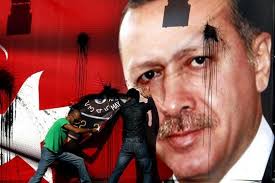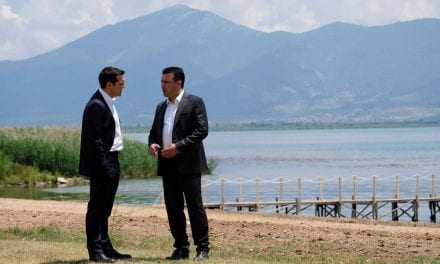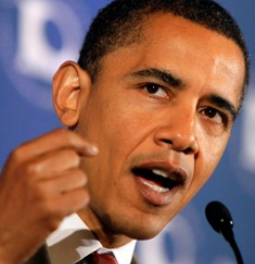By Middle East Monitor
Turkish President Recep Tayyip Erdogan surprised the country yesterday by announcing that a snap election would take place in June, 18 months earlier than originally planned.
Erdogan announced that parliamentary and presidential elections, originally scheduled for November 2019, will now be held on 24 June. The move came a day after his main ally, far-right leader Devlet Bahceli, called for snap polls, with the decision primarily motivated by the need to strengthen the current administration to effectively tackle the ongoing crisis in Syria and the country’s economic challenges.
The vote will mark the first time that a direct presidential election will be held under a new system which will give the president increased powers, following a constitutional referendum last year upgrading the parliamentary system to an executive presidency.
“Although the president and government are working in harmony as much as possible, the diseases of the old system confront us at our each step,” the president said in his televised address yesterday. Erdogan, who has led the country for the past 15 years, would be able to run for two five-year terms in addition to his current term.
“Developments in Syria and elsewhere have made it critical to shift to the new executive system, so that we can take steps for our country’s future in a stronger manner,” he added, after his meeting with Bahceli, who leads the Nationalist Movement Party (MHP).
Turkey has been involved in an operation against US-backed Kurdish militia forces in the north of Syria since January, and has expressed a desire to proceed from the province of Afrin to the northern city of Manbij.
However, the call for a snap election was also motivated by concerns over the state of the country’s economy. Reports that the economy is overheating, with the lira consistently falling to record lows alongside high inflation rates, have been ignored by the ruling Justice and Development Party (AKP), who have instead celebrated the country’s rapid growth rates over the past few years.
In February, the International Monetary Fund (IMF) issued a public warning about the Turkish economy, calling on the government to rein in spending and reduce inflation. The criticism was ill-received by Ankara.
The election will take place under the state of emergency, which the country has occupied since July 2016 after around 300 people were killed during a failed coup attempt. It was extended for the seventh time yesterday, despite protests against the move reportedly held in all 81 of Turkey’s provinces earlier this week.



















